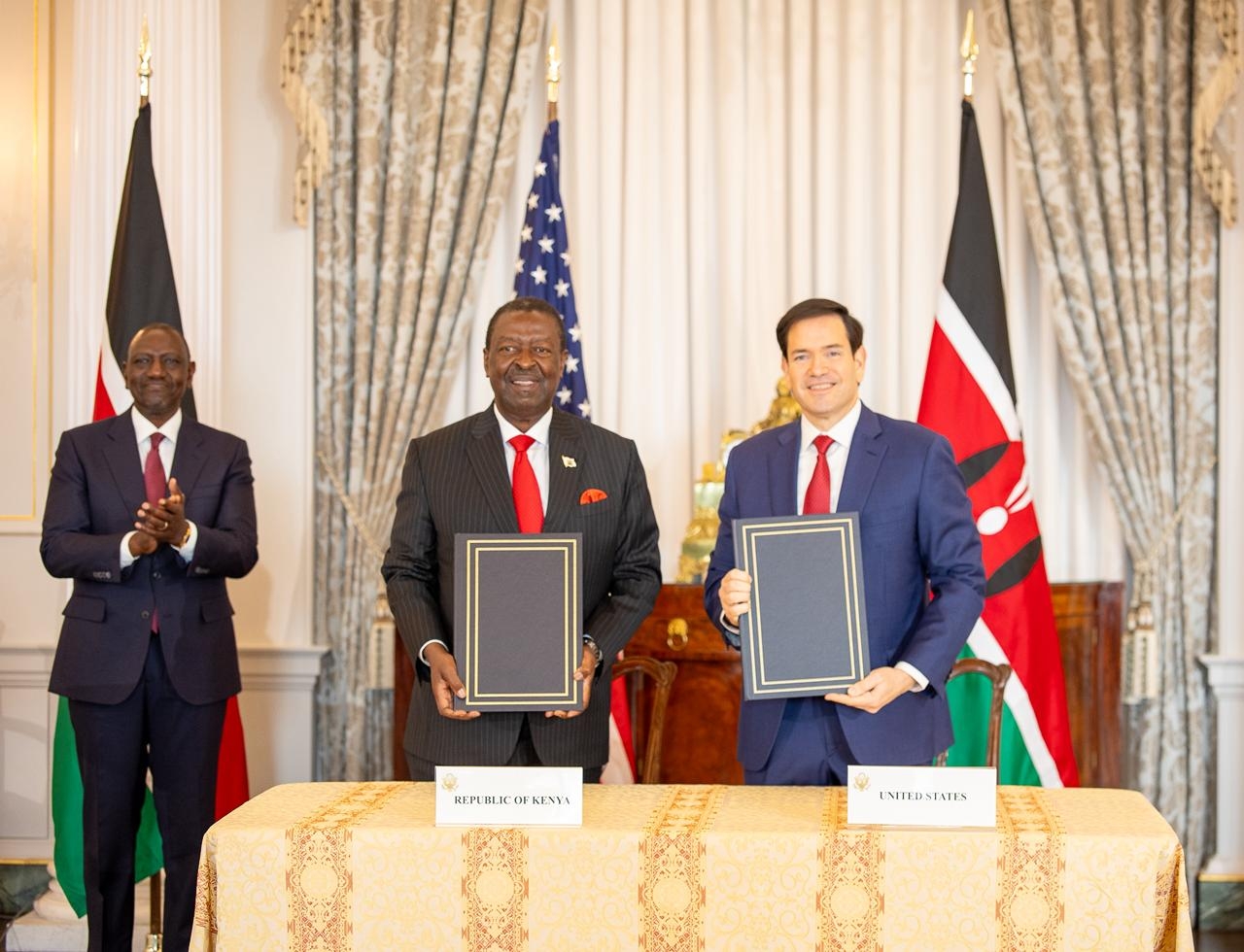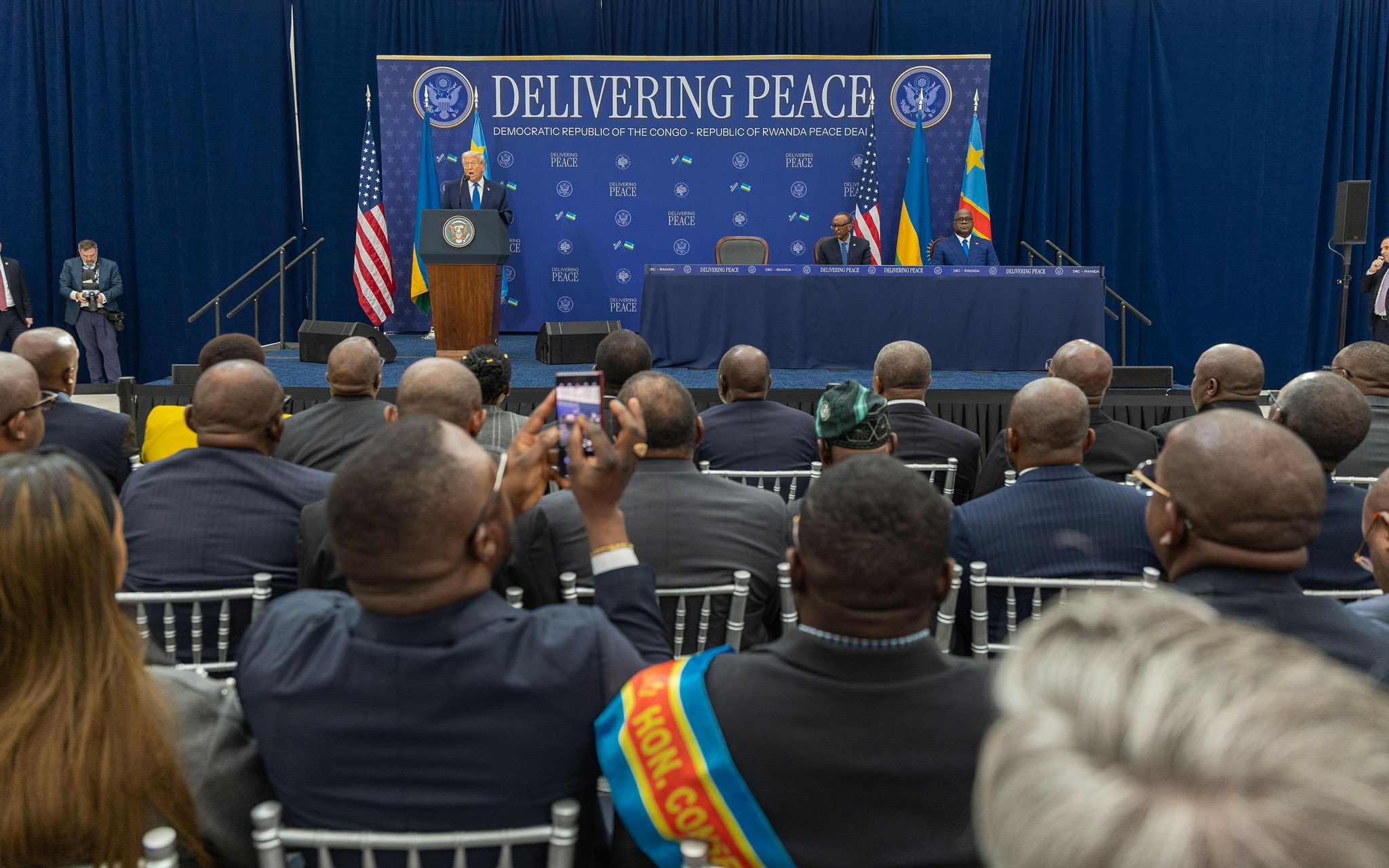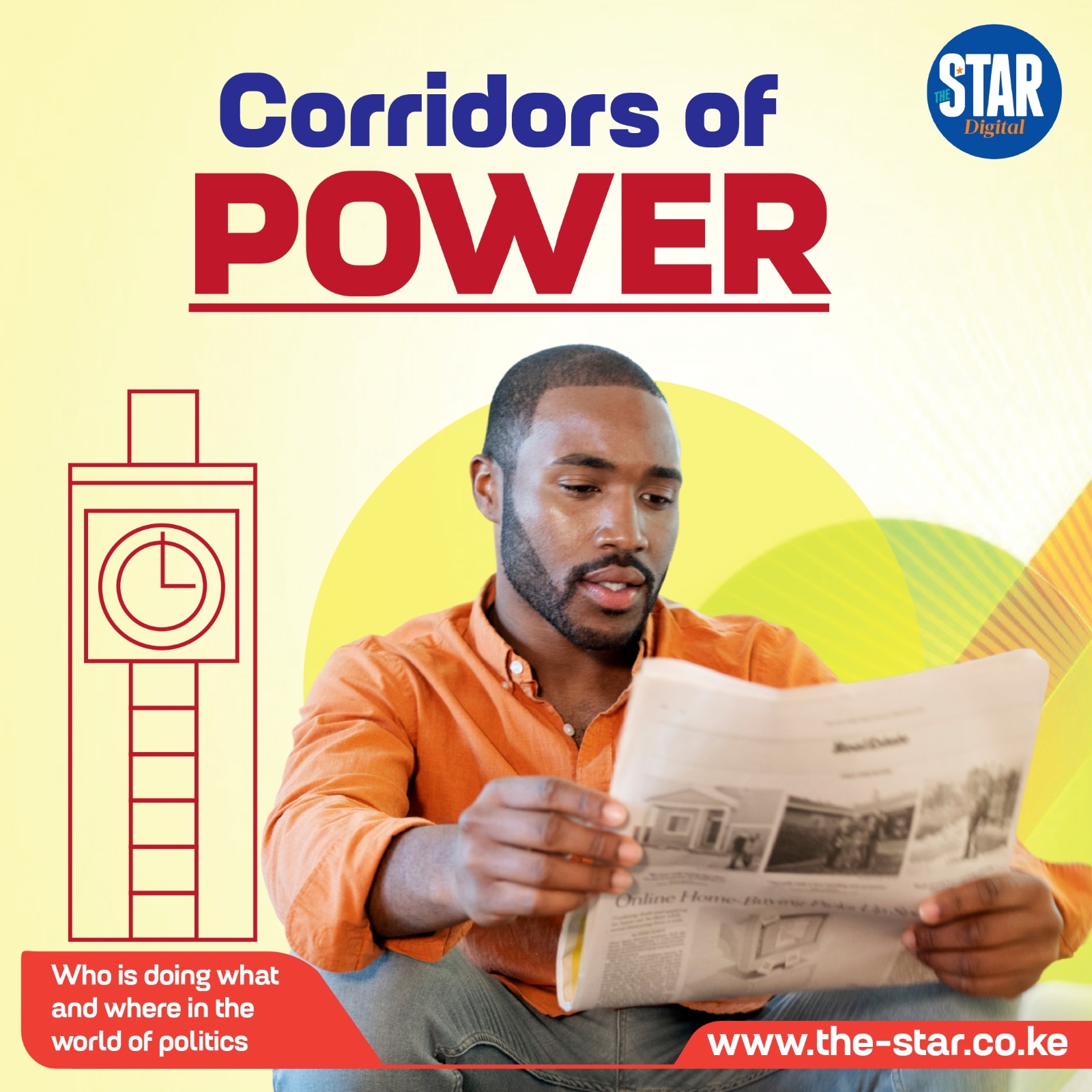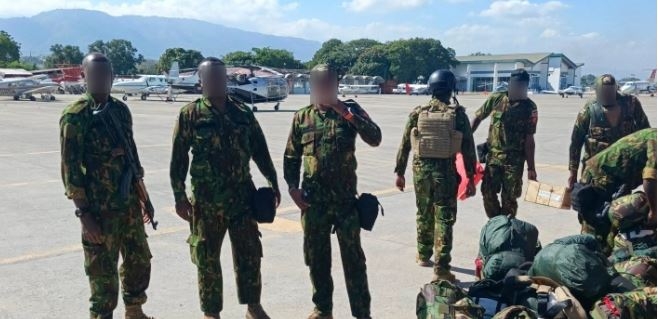Ronald Achoki stood at the bedside of his new patient, taking her pulse and observing her respiration rate. In contrast, the patient spoke in a panic, fitting more words in a minute than he could follow, but he patiently listened anyway.
Achoki is a chief registered nurse at Pumwani Maternity and Referral Hospital. He works in the Newborn Intensive Care Unit, treating sick newborns and babies born too soon (pre-term births).
This was a typical day in Achoki’s two decades of nursing career. Yet, every pregnant woman who walks through the door at Pumwani Maternity Referral Hospital in Nairobi, Kenya, is a daily reminder of his Florence Nightingale Pledge and dedication to a profession he admired from an early age.
“As an eight-year-old boy growing up in the village, I was intrigued by women and babies, especially the intricate nursing care required by mothers and their newborn children, “ said Achoki.
His training as one of the few male nurses in his college class at Consolata Mathari Hospital was a preparation to work at his current station at Pumwani Maternity Hospital, which holds the distinction of being the only maternal and newborn referral hospital in the country.
He describes his worst days as a nurse.
“When a mother or a baby dies, it breaks my heart into a million pieces. Sharing the news with their loved one about the death is a very emotionally draining moment for me, too,” said Achoki.
Achoki acknowledges that in addition to his college degree, the continuous in-service training he gets as a health professional from the health facility-based Unicef-supported Maternal and Newborn Health (MNH) Learning Hub and Centre of Excellence at Pumwani Maternity Referral Hospital, improves the quality of care and reduces maternal and newborn illnesses and deaths.
The MNH learning hubs, simulation centers, and mentorship programs help ensure health care providers have up-to-date skills and knowledge they need to improve standards of health care provided to their clients and reduce mortality rates for mothers and babies. The learning hub approach moves from traditional classroom instruction to more hospital-based, hands-on training — including post-training follow-up, mentoring, and supportive supervision.
“The course and the use of models and mannequins at the learning hub helped improve my competency, proficiency, and enhance my confidence in applying my skills in caring for mothers and their newborns daily,” said Achoki.
Pumwani Hospital Chief Executive Christine Kiteshuo appreciates the improvements witnessed at Pumwani Maternity Hospital with its current 354-bed capacity, serving an average of 1,527 monthly deliveries.
Dr. Kiteshuo is optimistic about the recent investments at the hospital, including the completion of the Newborn Intensive Care Unit. which is a testament to their commitment towards improving the quality and standards of maternal and newborn care in Kenya.
“We begin at the grassroots, working with the health promoters at the community level on educating pregnant mothers on the importance of attending antenatal care. Pregnant mothers are encouraged to visit their nearest health facility for antenatal check-ups, and ensure they deliver in the facilities. The community health promoters also provide them with nutrition education and screen them for any pregnancy-related danger signs and risks,” said Dr. Kiteshuo.
Dr. Laura Oyiengo, a health specialist at Unicef Kenya in charge of maternal and newborn health, says training health care workers using the practical skills-based approach at the learning hub is a cost-effective investment. Health care workers are trained in an environment that simulates their facility wards, using training mannequins to practice their skills under the guidance of skilled medical trainers and mentors.
“The MNH learning hubs targeting healthcare workers is part of Unicef's efforts to improve outcomes for newborns and their mothers,” said Dr. Laura.
According to Dr Laura, Unicef Kenya also supports equipping the maternity wards and newborn units at the Pumwani Maternity Referral Hospital to provide high-quality care and improve maternal and newborn survival and well-being.
Through a powerful collaboration between Unicef Kenya, The Bill and Melinda Gates Foundation, Usaid, and the Latter-Day Saints Church, a health facility-based maternal health training hub was established at Pumwani Maternity Referral Hospital. This initiative is set to improve health workers’ skills and quality of care, demonstrating the collective impact on maternal and newborn health.
Dr Laura also added that Dr. Kiteshuo and her team have been instrumental in adopting, implementing, and scaling up maternal and newborn high-impact interventions using skills-based training at Pumwani Maternity and Referral Hospital Learning Hub.
“Traditionally, healthcare worker trainings are delivered in hotel conference facilities for three to five days, leaving a staff gap in the health facility wards. Having the MNH Learning Hub situated at Pumwani Hospital itself means staff can easily access the training, practice the skills using the mannequins provided and learn from real case scenarios at the wards, then implement the new skills acquired under the guidance of a mentor or trainer - all within a health facility setting,” said Dr Laura.
Dr Laura notes that as an innovation, Unicef is working together with counties to establish more MNH learning hubs to provide a simulated skills-based training approach. The training strategy makes use of technological advances and a better understanding of the educational benefits of immersing and exposing healthcare professionals in authentic, real-life cases through simulation exercises. This approach has grown into a popular modality of in-service and pre-service clinical training.
Achoki recognizes the important role of having a mentor in his own professional development as a nurse. Achoki’s mentor, Orina Nyakina, is a senior registered neonatal nurse at Pumwani Maternity Referral Hospital who taught him to always wear a smile and give his best as he practices his nursing profession.
Both at work and home, Achoki has found the stamina, grace, and motivation to provide the highest possible healthcare standards for healthier and happy mothers and babies.
“As a father to two healthy girls and a boy, providing and receiving quality and timely skilled healthcare makes all the difference. I want the same for every mother I meet and serve daily,” concludes Achoki, whose wife is also a nurse at another health facility in Nairobi County.













